Graham Reid | | 2 min read
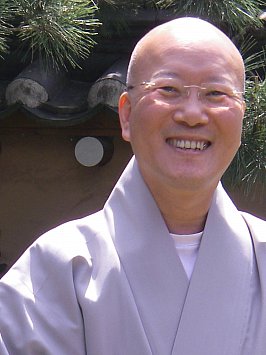
Soo
Bool Sunim smiles broadly and asks, “Can you see your own eyes?”
This is not a question that has ever occurred to me, but now it
becomes troubling as I turn it around in my head, looking for an
angle into it, and wondering whether there is an answer at all.
Or
even if that is really the question.
This
bewilderment is what Zen masters can do to decades of logic the
conscious mind has laid down.
There's
no correct answer of course, but that doesn’t stop a few us here in
his home-cum- temple retreat in suburban Seoul having a stab – and
Soo enjoying our weakly rhetorical answers.
Later
some agree you could get very annoyed by Soo’s beaming countenance,
his quiet composure and a youthful appearance which belies his
fiftysomething years. We come away with many more questions than
answers.
Soo
is a Zen master -- of a Korean branch of Buddhism -- and his orderly
home and garden behind a stone wall is a quiet refuge from the
streets outside where there are fashionable art galleries, hip wine
bars and low-rise apartment blocks. In Seoul these collisions of the
ancient and modern are common -- and sometimes strange.
Next
to the Ahnkook Zen Institute is the Seoul Museum of Chicken Art.
You
can be very easily bewildered in Seoul -- and nowhere more so than at
Soo’s.
I
should have been prepared. I studied Zen at university in a Chinese
philosophy course, and have read much Zen poetry and writing since.
So
I was at least familiar with koans (riddles or paradoxical stories to
test the mind). But Soo could answer a question with a question --
and having read about Zen proved no help.
A
monk for around four decades, Soo studied under masters himself, had
a small group of students (most adults in their middle years and
older), and meditated for at least 12 hours a day. Which probably
explained his youthful appearance.
His
daily regimen was simple: think a lot, eat a little, repeat until
bedtime I believe it was.
Matters
became complicated when he spoke of impermanence.
I
asked if there was such a thing as change, a question I thought a Zen
master might appreciate and be willing to bat around with someone
like me who was clearly broadcasting on a similar frequency.
His
long reply seemed to involve a mild rebuke -- with a smile in my
direction as one might offer an idiot child -- and then a monologue
to the few Koreans in attendance. It might have been along the lines
of, “this clown here has just asked . . .”
Oddly
enough the interpreter’s reply to me was brief. But one phrase rang
through with clarity, and which might have been either a revelation
or a condemnation given my profession as a writer: “Don’t be
captured by words.”
I
think I shut up after that but later we exchanged pleasantries and I
told the interpreter the master’s statement about words had amused
me. He passed this on and Soo nodded and kept on smiling.
Back
home I typed out his words and placed above my laptop. Why? I have no
idea.
Incidentally,
Master Soo said he could see his own eyes, but the explanation was so
convoluted my brain started to hurt.
The
bugger didn’t stop smiling then either.
For other travel stories by Graham Reid, see here for his two award-winning travel books.

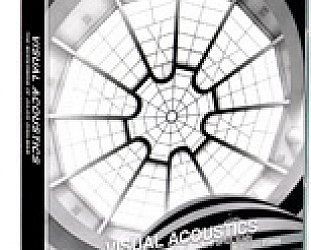
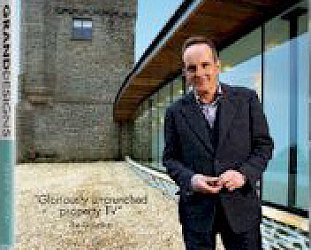

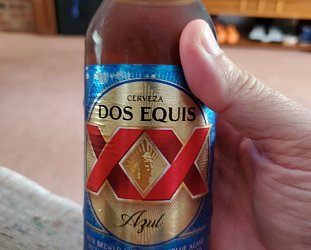

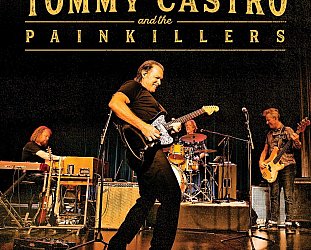
post a comment